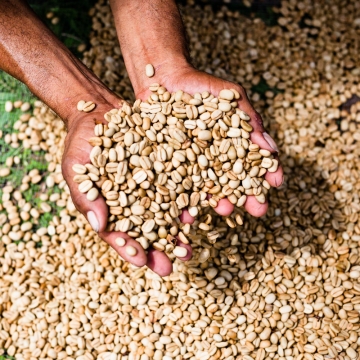AFAERE Webinar: Bioeconomic characterization of oil palm production and adoption among non-industrial producers in Cameroon: Some environmental and socio-ecological implications
Speaker: Ernest L. Molua Professor, Department of Agricultural Economics and Agribusiness, University of Buea, Cameroon Time: 16h00-18h00 CAT (GMT+2) Date: 20 September 2021 Zoom link: https://up-ac…


